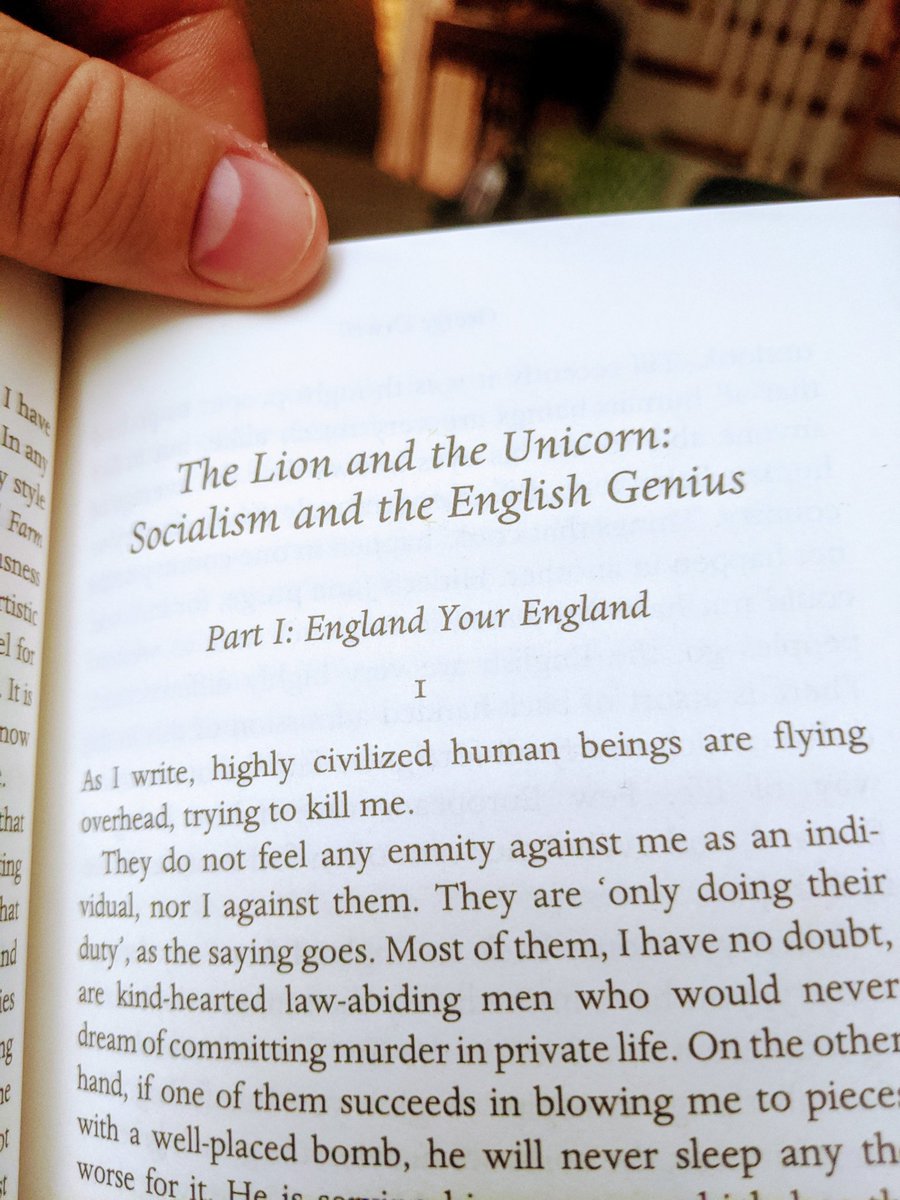
Orwell argues that, despite wide variances, every country has its own national character, which inflects its politics.
He begins by trying to pin down the British character.
Not sure how those play today.
His essay is largely about how socialism might manifest in England specifically.
But those do not erase the commonalities.
England had the greatest wealth inequality of all Europe at the time, yet the poorest Brit felt greater kinship with wealthy Brits than with Spaniards.
National character exists because people FEEL it exists.
1. The English are not artistic. The major exception here is literature. Shakespeare, Wilde, the English poets, etc. They're famous for it.
Orwell says Brits don't necessarily do the RIGHT thing in a crisis, but typically all do the SAME thing.
The first is the well-off folks who generally approve of the empire but no longer find romance in it. Jobs in Burma and Malaya were increasingly boring and official. Imperialism was losing its luster.
This contrasts with the way fascists exalt the national identity.
"A modern nation cannot afford either of them. Patriotism and intelligence will have to come together again."
So: the first half of the 20th century saw a dramatic expansion of the middle class in England, rather than the destruction thereof that some Marxists predicted.
This does not mean the quality of working class life was improving *relative to the middle and upper classes*.
"The intellectuals who hope to see it Russianized or Germanized will be disappointed. The gentleness, the hypocrisy, the thoughtlessness, the reverence for law and the hatred of uniforms will remain, along with the suet puddings and misty skies."


